October 13th, 2017 / 5 Comments
Every kid gets a fever from time to time, and usually it’s nothing to worry about. But it’s important to know what to do when this happens. Here’s everything you need to know about fevers in children, including when to contact your doctor.
What is a fever?
A fever is a temperature of 100.4º F and higher. The body has several ways to maintain its normal temperature. The organs involved in helping with temperature regulation include the brain, skin, muscle and blood vessels. The body responds to changes in temperature by:
- Increasing or decreasing sweat production.
- Moving blood away from, or closer to, the surface of the skin.
- Getting rid of, or holding on to, water in the body.
- Naturally wanting to seek a cooler or warmer environment.
The body’s reaction to fever
When your child has a fever, the body works the same way to control the temperature, but it resets its thermostat at a higher temperature. The temperature increases for a number of reasons:
- Chemicals, called cytokines and mediators, are produced in the body in response to an invasion from a microorganism, malignancy, or other intruder.
- The body is making more macrophages, which are cells that go to combat when intruders are present in the body. These cells actually eat-up the invading organism.
- The body is busily trying to produce natural antibodies, which fight infection. These antibodies will recognize the infection next time it tries to invade.
- Many bacteria are enclosed in an overcoat-like membrane. When this membrane is disrupted or broken, the contents that escape can be toxic to the body and stimulate the brain to raise the temperature.
What causes fevers in children?
The following conditions can cause a fever:
- Infectious diseases
- Certain medications
- Heat stroke
- Blood transfusion
- Disorders in the brain
What are the benefits of a fever?
A fever actually helps the body destroy its microbial invader. It also stimulates an inflammatory response, which sends all kinds of substances to the area of infection to protect the area, prevent the spread of the invader and start the healing process.
What are the symptoms that my child may have a fever?
Children with fevers may become more uncomfortable as the temperature rises. The following are the most common symptoms of a fever. However, each child may experience symptoms differently. In addition to body temperature greater than 100.4º F, symptoms may include:
- Your child may not be as active or talkative as usual.
- He/she may seem fussier, less hungry and thirstier.
- Your child may feel warm or hot. Remember that even if your child feels like he/she is “burning up,” the actual rectal or oral temperature may not be that high.
The symptoms of a fever may resemble other medical conditions. Always consult your child’s physician for a diagnosis.
When should a fever be treated?
In children, a fever that is making them uncomfortable should be treated. Treating your child’s fever will not help the body get rid of the infection any faster; it simply will relieve discomfort associated with fever. Children between the ages of 6 months and 5 years can develop seizures from fever (called febrile seizures). If your child does have a febrile seizure, there is a chance that the seizure may occur again, but, usually, children outgrow the febrile seizures. A febrile seizure does not mean your child has epilepsy. There is no evidence that treating the fever will reduce the risk of having a febrile seizure.
What can I do to decrease my child’s fever?
Give your child an antifever medicine, such as acetaminophen or ibuprofen. DO NOT give your child aspirin, as it has been linked to a serious, potentially fatal disease, called Reye syndrome.
Other ways to reduce a fever:
- Dress your child lightly. Excess clothing will trap body heat and cause the temperature to rise.
- Encourage your child to drink plenty of fluids, such as juices, soda, punch, or popsicles.
- Give your child a lukewarm bath. Do not allow your child to shiver from cold water, as this can raise the body temperature. NEVER leave your child unattended in the bathtub.
- DO NOT use alcohol baths.
What fevers warrant calling your child’s pediatrician?
Unless advised otherwise by your child’s healthcare provider, call the provider right away if:
- Your child is 3 months old or younger and has a fever of 100.4°F (38°C) or higher. Get medical care right away. Fever in a young baby can be a sign of a dangerous infection.
- Your child is of any age and has repeated fevers above 104°F (40°C).
- Your child is younger than 2 years of age and a fever of 100.4°F (38°C) continues for more than 1 day.
- Your child is 2 years old or older and a fever of 100.4°F (38°C) continues for more than 3 days.
- Your baby is fussy or cries and cannot be soothed.




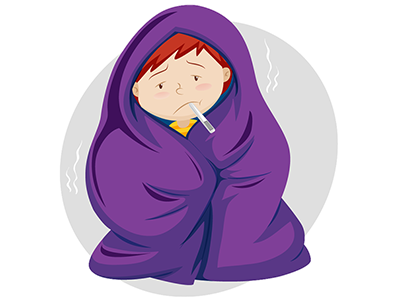
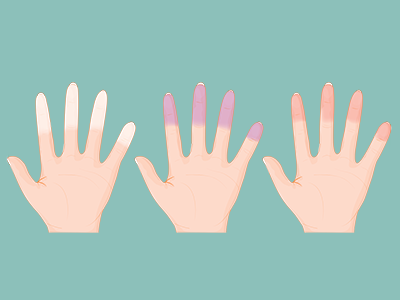
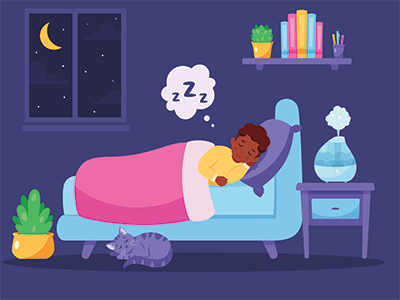
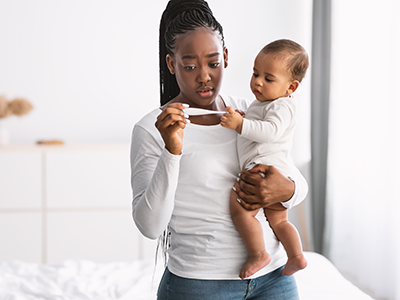
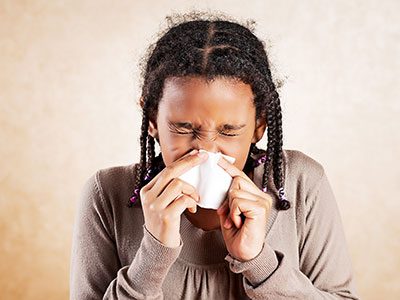
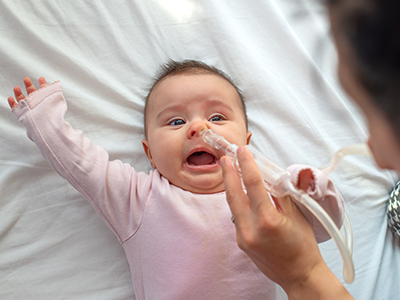
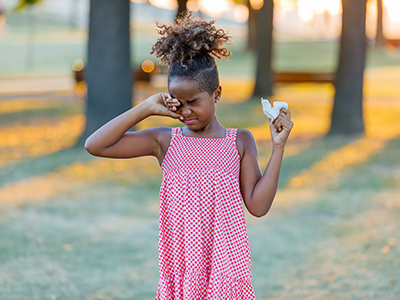
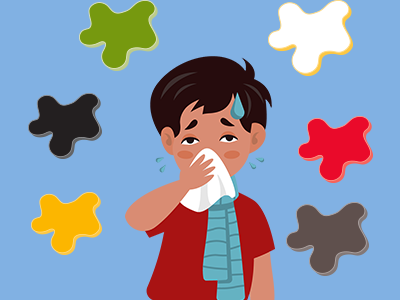

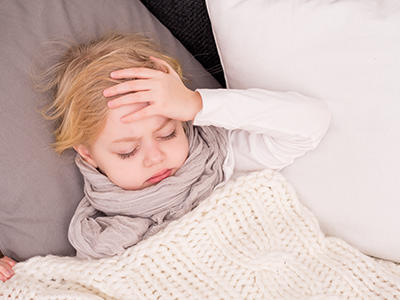
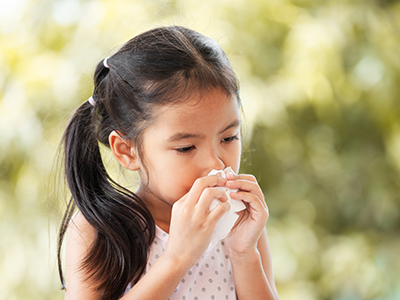
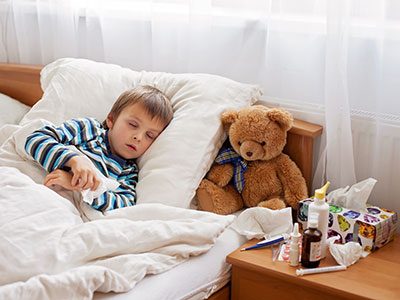
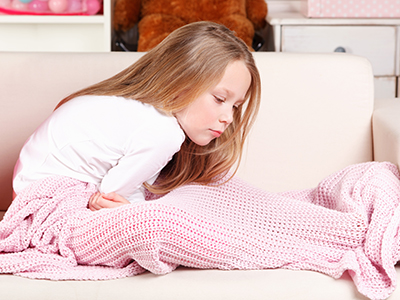

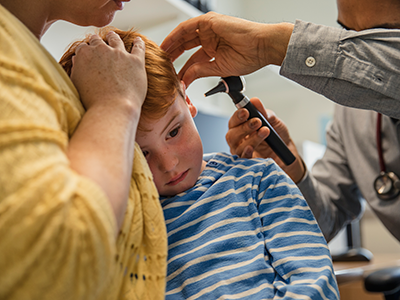
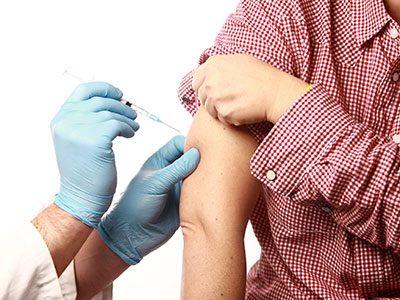
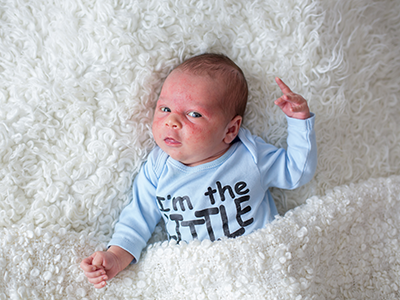
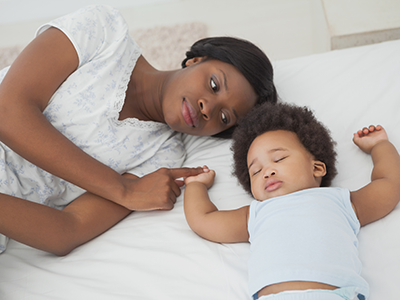
What is the best way to cool down hot body of a 5 year old boy?
To reduce your child’s fever:
– Give your child an antifever medicine, such as acetaminophen or ibuprofen.
– Dress your child lightly.
– Encourage your child to drink plenty of fluids, such as juices, soda, punch, or popsicles.
– Give your child a lukewarm bath.
what does it mean, when you say “dress your child lightly”?
“Dress your child lightly” means putting them in light clothing rather than multiple layers. Excess clothing will trap body heat and cause their temperature to rise.
Fevers in children can be a cause for concern, and this article provided a wealth of information. I appreciate the detailed explanations about fever types, when to seek medical attention, and how to manage fevers at home. It’s reassuring to have such a comprehensive resource when caring for a sick child.